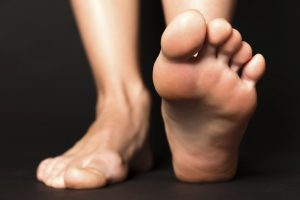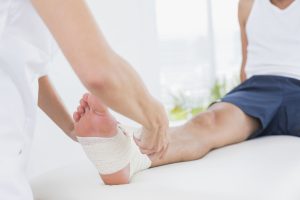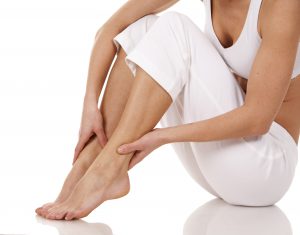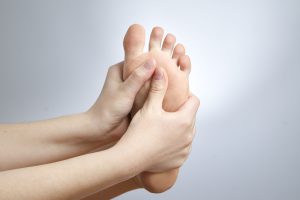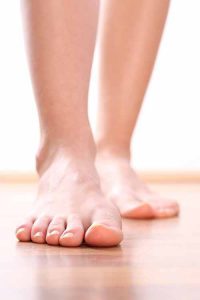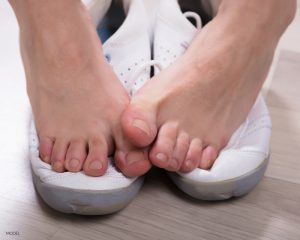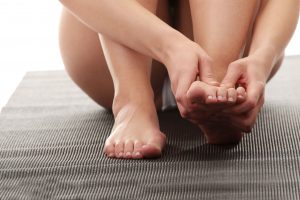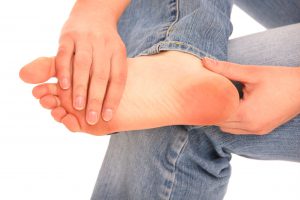Medically Reviewed by Dr. Rachel N. Verville
June 26, 2017
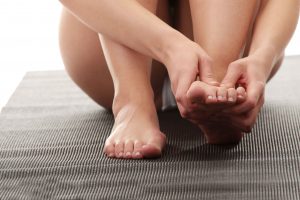 An Achilles tendon injury, like tendonitis or a rupture, can knock you off your feet for a good long time. The Achilles tendon is the largest and strongest tendon in the human body, connecting the calf to the heel, so when it’s not in top shape, the effects are definitely felt.
An Achilles tendon injury, like tendonitis or a rupture, can knock you off your feet for a good long time. The Achilles tendon is the largest and strongest tendon in the human body, connecting the calf to the heel, so when it’s not in top shape, the effects are definitely felt.
So, how can you prevent one of these injuries from happening in the first place? The first step is to know what groups are most at-risk.
Individuals in Frisco More Likely to Have an Achilles Tendon Injury
If you are an athlete or just someone who tries to stay active, you’re much more likely to be the victim of an Achilles tendon injury. When running or playing sports, the stress on your Achilles can reach ten times your body weight, which puts a ton of pressure on the tendon.
Almost 70% of Achilles tendon ruptures happen while a person is playing sports; half of those sports-related ruptures are during a game of basketball. Men are most vulnerable, as well as those with higher arches.
Professional athletes suffer Achilles tendon injuries sometimes, but it’s usually the average Joe from Frisco in his 40s who is more of a “weekend warrior.” Our Achilles get tighter as we get older, and too many people don’t stretch correctly, and that in itself can create a perfect storm for an injury.
How to Prevent an Injury to Your Achilles Tendon
If you fit the profile of someone who is more likely to suffer an Achilles injury, you don’t have to lie down and accept your fate just yet. There are things you can do to try to lessen your chances of injuring your Achilles tendon.
- Frequent stretching. Ask your podiatrist in Frisco to recommend some regular daily stretches for the lower leg, and do those stretches one to three times per day for about 15 to 30 seconds each. Regular stretching will help keep your Achilles tendon more flexible (and less likely to rupture), even as you age.
- Strengthen calf muscles. Do standing and seated calf raises every day, if possible. When calf muscles are weak, this will cause overstretching in the Achilles. However, if you keep calf muscles strong, the Achilles won’t have to overcompensate.
- Don’t overdo it. Start with short, easy workouts and add more intensity as you get stronger. Many Achilles tendon injuries occur in individuals who don’t regularly workout and then try to overexert themselves one day during an intense game of backyard football.
- Invest in proper footwear. Consider wearing shoes that cushion your heel while engaging in any type of physical activity, or wear heel pads or some other orthotics to reduce the stress on your Achilles tendon.
Preventing an Achilles tendon injury isn’t hard—it just requires being a bit more thoughtful and careful when it comes to working out or participating in sports. Be mindful of the stress that physical activity puts on your Achilles, prioritize stretching and strength-building, and know your limits.
Are you exhibiting symptoms of an Achilles tendon injury? Just interested in learning more about proper prevention? Schedule an appointment at RNV Podiatry in Frisco with Dr. Verville today by calling (214) 385-8822.



